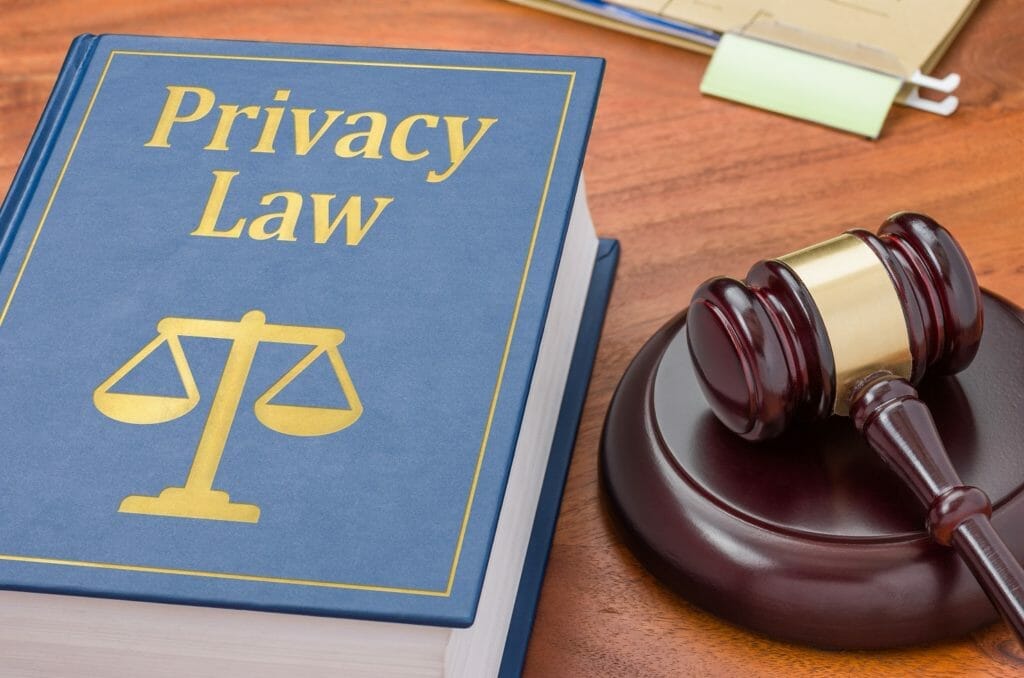Student privacy laws are laws that protect children's and parents' privacy. It also gives them rights over education. Laws like FERPA, COPPA, and CIPA are the best examples. Teachers and authorities can easily violate these laws as a result of ignorance. So, you might want to know more about FERPA violation examples and more to avoid trouble. How can you start?

Three student privacy laws are in effect to help students and their parents protect their children’s privacy. The FERPA, the CIPA, and the COPAA are these laws. All of these laws focus on students first, and there is something to take away from teachers in all of them.
The Family Educational Rights and Privacy Act (FERPA)
FERPA is the first law that protects student privacy. It works by protecting their educational records and giving the parents’ rights to a certain extent. When the student reaches the legal adult age, FERPA rights go back to the student. Thus, they get the right to access their educational records as their parents did.
As a teacher, you have to be aware of what kind of educational information the FERPA protects. The law holds all educational authorities accountable. Institutions funded by the US Department of education are accountable, including teachers. In case of unawareness of the regulations, you might violate FERPA.
FERPA violation examples include sharing students’ personal information with the class. Even sharing the student’s grades is a violation of this law. So, you can take steps to protect their privacy, starting from your class.
The Children’s Online Privacy Protection Act (COPPA)
COPPA or Children’s online privacy protection act is also a student privacy law. This act focuses on online privacy protection. It also regulates internet activity for children that are younger than 13 years old. COPPA involves the parents by requiring their consent and being transparent. This includes what the children will face on websites and online services.
As a teacher, COPPA is relevant because you can guide your students towards online services and tools that protect their privacy. For example, add-ons like Safe Doc can help you out by blocking content that can potentially harm them.
The Children’s Internet Protection Act (CIPA)
CIPA is the last law that focuses on protecting children from the darker parts of the internet. This means the law limits how much access children can get to harmful and inappropriate content when they are online. Under this law, educational institutions use website filters to protect their underage students.
As a teacher, you have the power to uphold CIPA by ensuring that the school has an internet safety policy. This includes filters, blocking, and limiting access to potentially harmful content. You can also do your part by educating your students on how to browse the internet safely.
The education curriculum of the school must also ensure that they promote safer internet usage. And as an added service, teachers can learn to help their students. In the case of cyberbullying or exposure to harm on the internet, you can help.
Conclusion
The three laws of student privacy can help to protect a student. It can help their parents as well in educational confidence and online presence. Thus, FERPA, COPPA, and CIPA are the laws that every teacher and school authority follow.
Make sure you don’t accidentally violate the law and read up!
